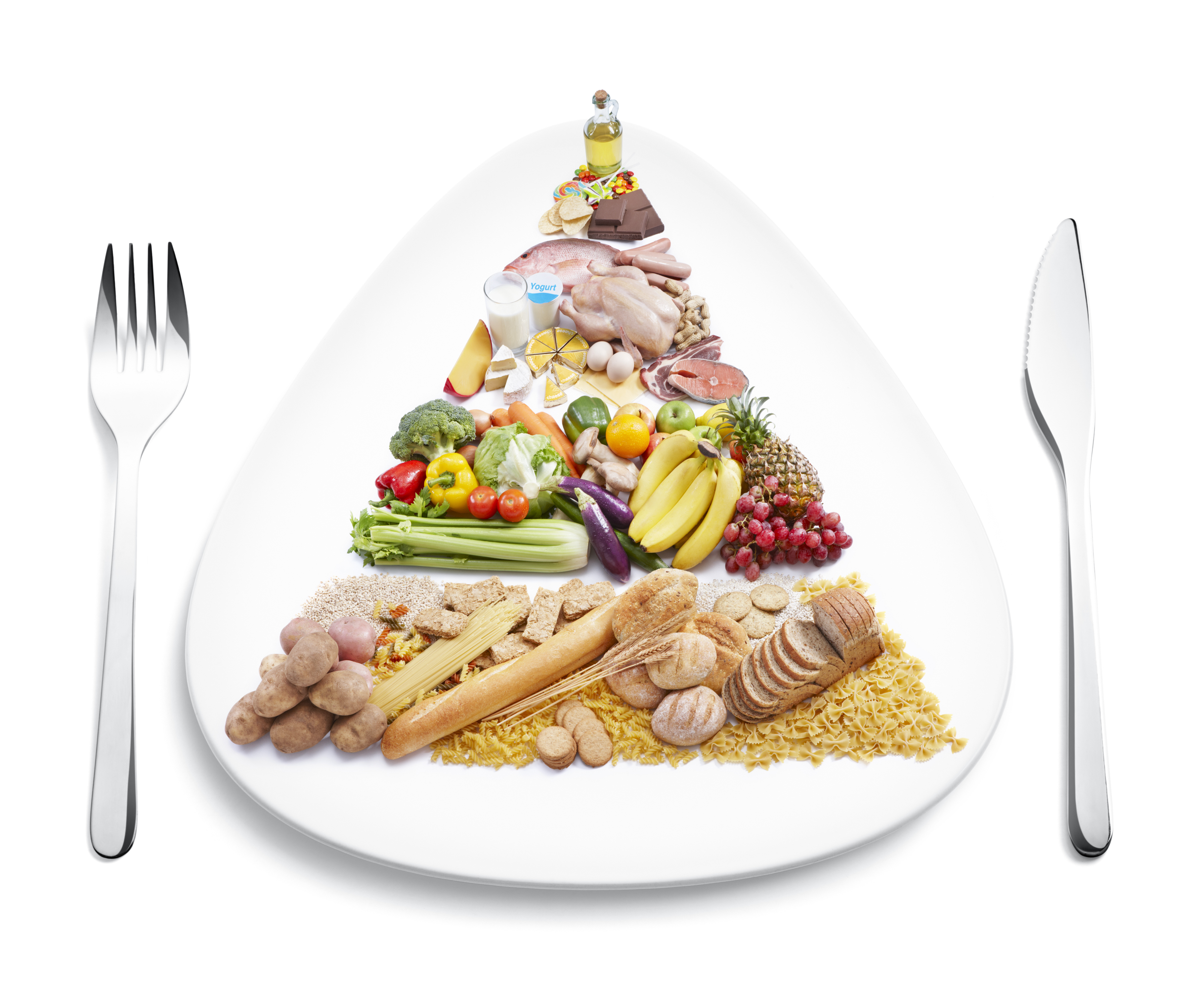Can you help me figure out what my MACRONUTRIENTS intake should be?
I am a 5’7” female, 24% body fat, 156 pounds, 19 years old (almost 20); I’m having a hard time figuring out my macros. I work out 5-6 times a week, hit the weights 2-3 per week, incorporate cardio with some of my exercises, or just strictly cardio, it just depends how I feel. Before, I worried about just meeting my caloric intake, which was 1500 with no weight training and no cardio; now I fluctuate. Before, my body was hungry for greens, carbs and good fats but I didn’t notice much or pay attention to the scale.
Now I’m trying to get serious with being leaner! I am trying to build more muscle, while losing the fat, but it’s hard to tell how much and what foods I should be putting into my body for certain workouts. I also keep hearing about “refeed” days and tons of other concepts and advice. I know everyone’s body works differently, I just don’t know if I’m under or over calories or if a 35/40/25 carb/protein/fat split would be reasonable on a 1346 calorie intake. Or what calorie splits and adjustments I should make depending on daily workloads? Suggestions?? I’d like help please 🙁 no judgment, I’m clueless. – Nikki
Wow – one could get lost in all those numbers! If your body was a calculator, precise digits and % would make the weight loss equation work. Your body is a living organism that responds to food not numbers. Granted, foods contain calories and are comprised of carbohydrates, fats and protein but that is not all. Foods affect metabolism, hunger and mood – all of which make a difference in being healthier, and for you, getting leaner. Since you were specifically asking for a numbers-based answer, I’ll try to give you one…
Here’s where to start: Find out exactly how much you are eating now and from what distribution of carbohydrate, protein and fat. Do this by analyzing your intake with a valid nutrition software program.
Next, compare that to your PREDICTED, that is “estimated”, caloric need of ~1800 for weight loss (2300 for maintenance) based on your personal anthropometrics and activity level. If you are eating well below this number of calories, as you describe “1500” or “1346”, then DO NOT subtract calories further. If by some odd chance you’re above, then reduce more on the days you’re not working out and maintain 1800 calories for cardio + weights days.
Then you can look at distribution of calories and timing. To support muscle growth while losing fat mass for you, I’d recommend a split of 40-50% carbohydrate, 20-30% protein and 25-30% fat. Those carbohydrates should be complex, high-fiber and low-sugar. The proteins should be lean (you get more protein per ounce the less fat there is). And the fats should primarily be plant-based or high-omega 3.
Finally, focus on whole foods to achieve the breakdown. Are you getting 2 servings of high-calcium dairy a day? Eating at least 5 total vegetable and fruits daily? Consuming fish and beans at least twice a week?
This sample day exemplifies my suggested parameters:
Breakfast – 1 Cup bran cereal, 1/2 Cup nonfat milk, 1/2 grapefruit and 1 egg
Lunch – 3 oz. tuna, 3 rye crisp crackers, large dark green salad, 1 Tbsp. of oil based dressing
Dinner – 1 small chicken breast, 1 Cup of broccoli, 1/2 Cup of corn
3 Snacks –
- 1 apple with 1 Tbsp. of peanut butter
- 1 carrot + 1 celery with 1 Tbsp. of hummus
- 6 oz Greek plain style yogurt with ½ C berries
Nikki, you’ll see that no matter how you crunch the numbers, the patterns and food choices recommended are similar and portions are simply adjusted for your needs. Hopefully with your progress, you will spend less time scrutinizing every bite and be able to enjoy your workouts and meals more fully!
– Debbie J., MS, RD
Do you have a question about your diet or nutrition?
Ask our dietitian by submitting your question to nutrition@lafitness.com or simply ask it in the COMMENTS section below. To learn how to follow the “Ask Our Dietitian” Q&A CLICK HERE!




